So you want to buy a house, but first of all, you need to tackle that mammoth task of saving for a deposit. Before the recession, you could get a mortgage with a £0 deposit meaning anyone and everyone could buy a house, near enough. Post-recession, however, banks and building societies became hugely cautious and suddenly you needed a minimum of a 10% deposit. On a £100,000 house, that’s £10,000! I don’t know about you, but I’ve never seen that amount of money in my life.
When we bought our first house back in 2011, there was only one building society that allowed you to buy with a 5% deposit, however, this came at the cost of huge interest rates. Nowadays there’s the Help to Buy scheme and many more banks are offering 5% deposits without the large interest rates, meaning now is a great time to buy. Especially since house prices are still relatively low.
How did we save? With great difficulty to be honest. We were already renting, which is something I never wanted to do (this was due to circumstances rather than choice) which made saving much harder.
However, the first thing we did was to make sure we were renting THE cheapest house in our town. And I do really mean that. If you don’t own it and it’s only temporary, does it have to be all that great? This was probably our biggest saving and from day 1 of renting we decided that we didn’t want to be renting for any more than a year. That gave us the target of one year to build up a deposit.
For that whole year, we made it our absolute priority to find a deposit to buy a house. That meant taking on two jobs, working 7 days a week. We had £0 spending money throughout that time and bought no clothes, no games and we most certainly didn’t go out. We were basically in a hardcore saving mode.
It’s important to remember, you must save for more than just a deposit. My advice: Save at least 30% more than you think you need. So here are some ideas on saving for a deposit:
- If you have to rent first – keep it cheap. This will help you save in the long run.
- If you do need to rent – think about the possibility of sharing with someone, especially if there’s an extra room going empty.
- Set an achievable time limit, this will help you to stay on track and allow you to work out how much you should be saving each month. But be realistic.
- Research the housing market in your area so you have a rough idea of how much money you need before you start saving.
- Be realistic, your first home is probably not going to be your forever home. Do you really need those 3 bedrooms you long for?
- Find areas where you can cut costs in order to save more. Maybe switch energy providers? Ditch the TV subscription? – Remember getting rid of those luxuries won’t be forever!
- Biggest place to save for us – Food Bill. Eat like students. Make batches of meals and freeze them. Don’t buy branded foods. Be creative! We used to use cheap sausages cut up into chunks and pretend they were diced chicken. Curries, Fajitas… You name it. Saved a wad!
- When you reach set goals – maybe each 20% you save, reward yourself. Go out, party hard, buy those new shoes, whatever you want. Make saving fun.
Finally, remember the extras you need to take into account…
- Solicitors fees – these don’t come cheap. Go for a ‘no sale, no fee’ option to save your money in-case you have to pull out of a sale.
- Mortgages often have a ‘product’ cost.
- Surveys and any insurance your lender may request – ie chancel insurance, damp surveys etc.
- Removal Fees
- Cost of essentials in your new home: Fridge, Washing Machine, Pots, Pans, Glassware etc.
- Your first food shop will be more expensive than you think – especially if you’ve never lived away from home.
- Upfront bills for the year – Water, TV License, Phone installation.
- Car insurance costs may rise when you move. Check with your insurer.
- The first mortgage payment is almost always more expensive than the rest. Sometimes it can be double.
These are just a few things that come to mind, but I’m sure I’ll do a more in-depth post at some point later.



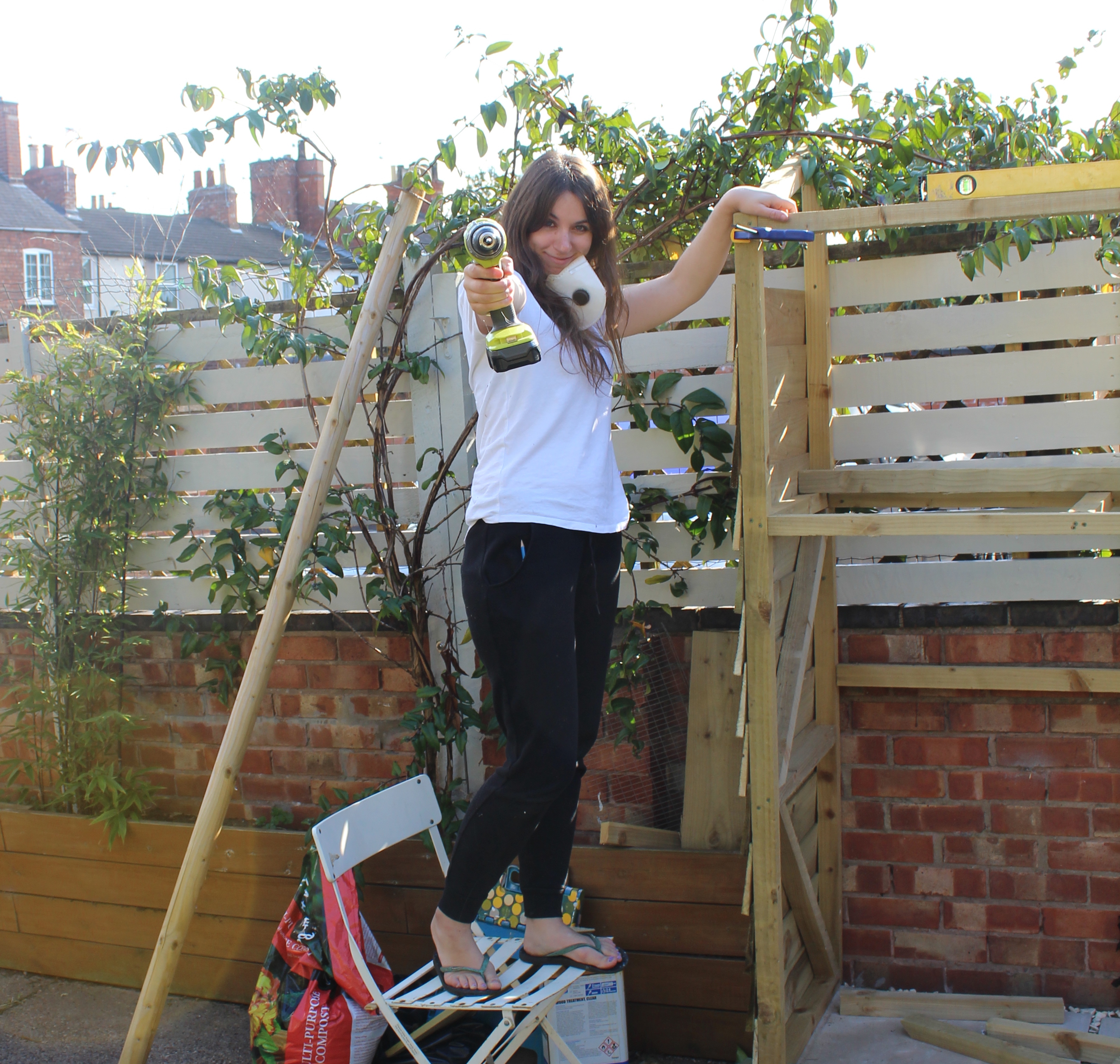

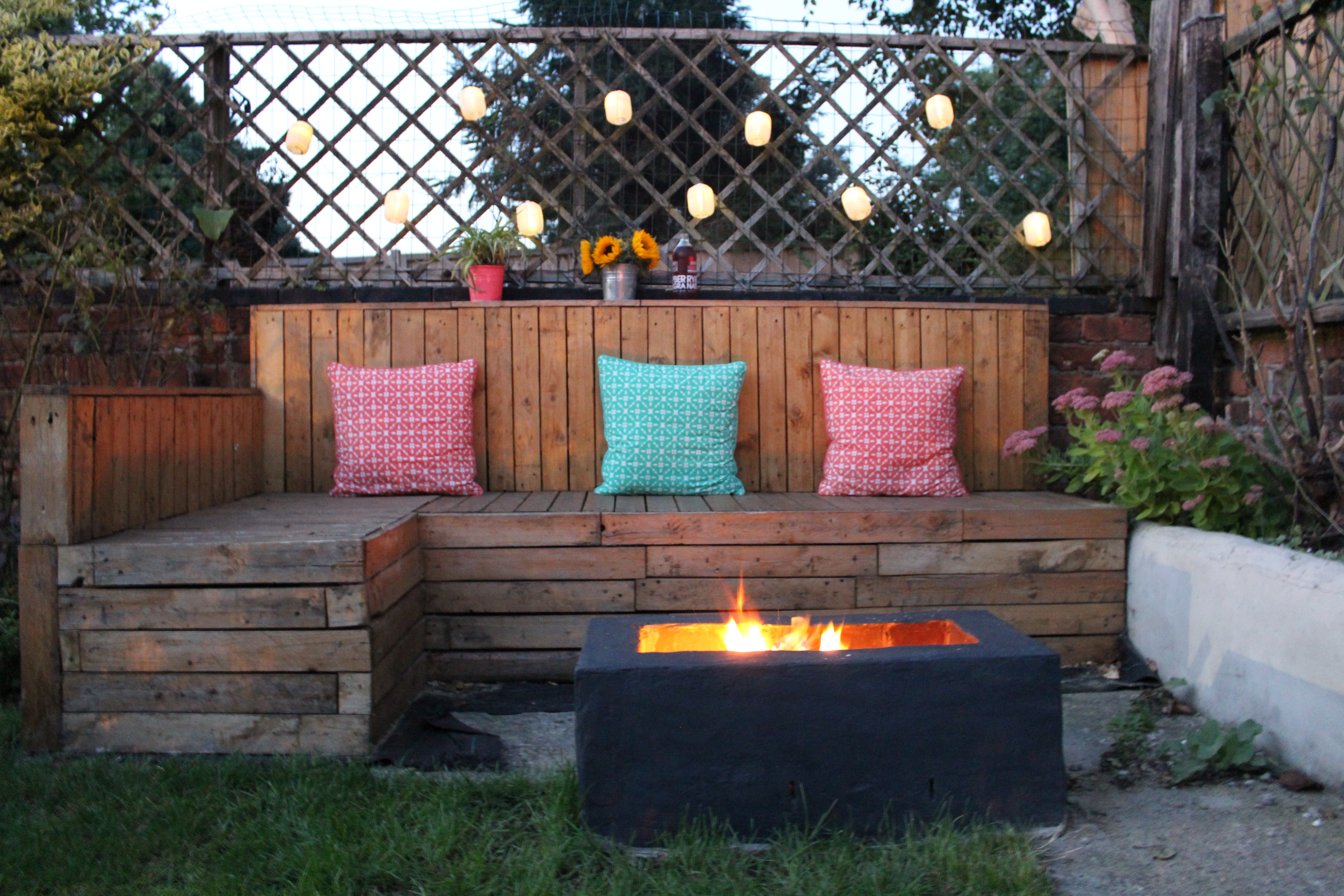
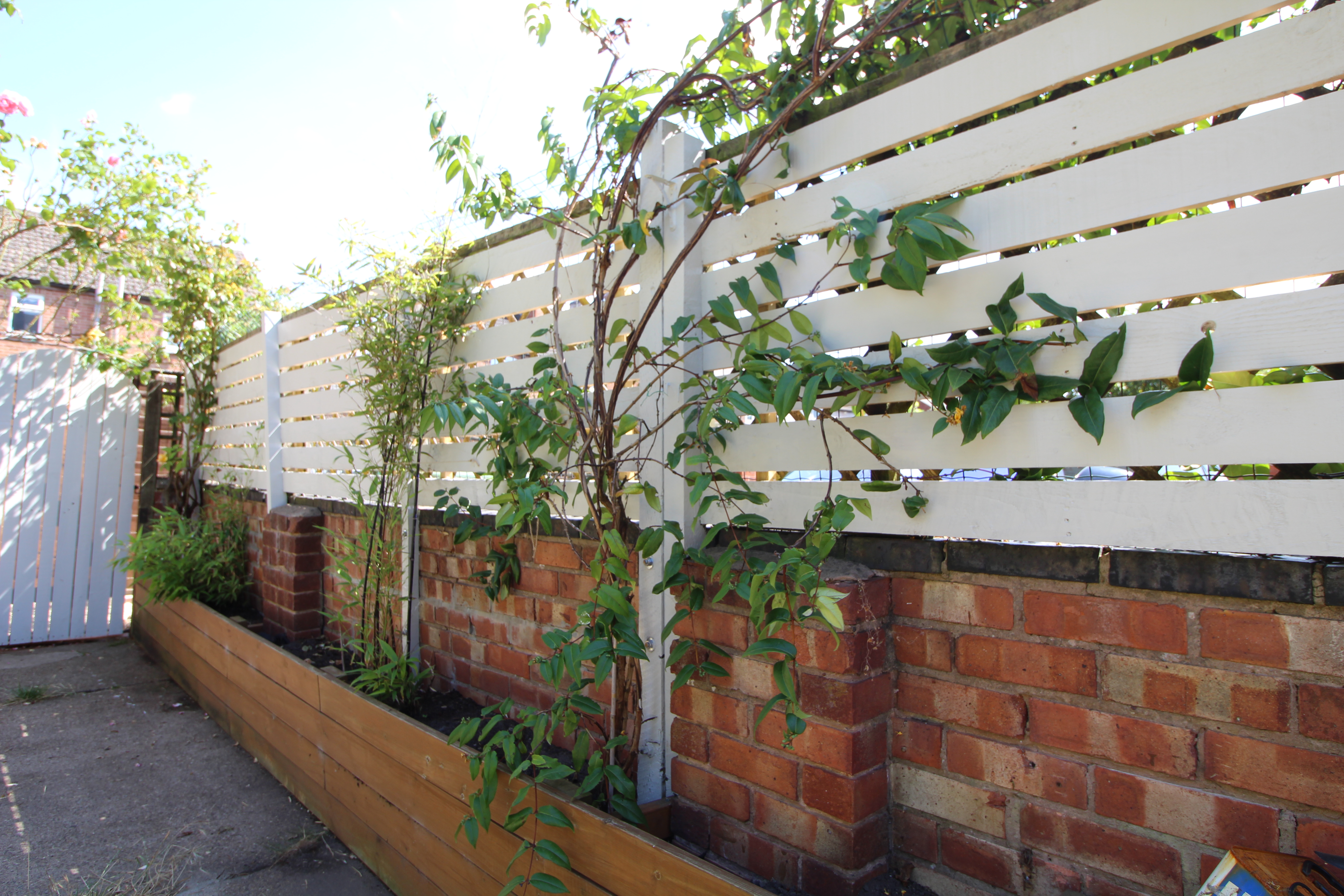
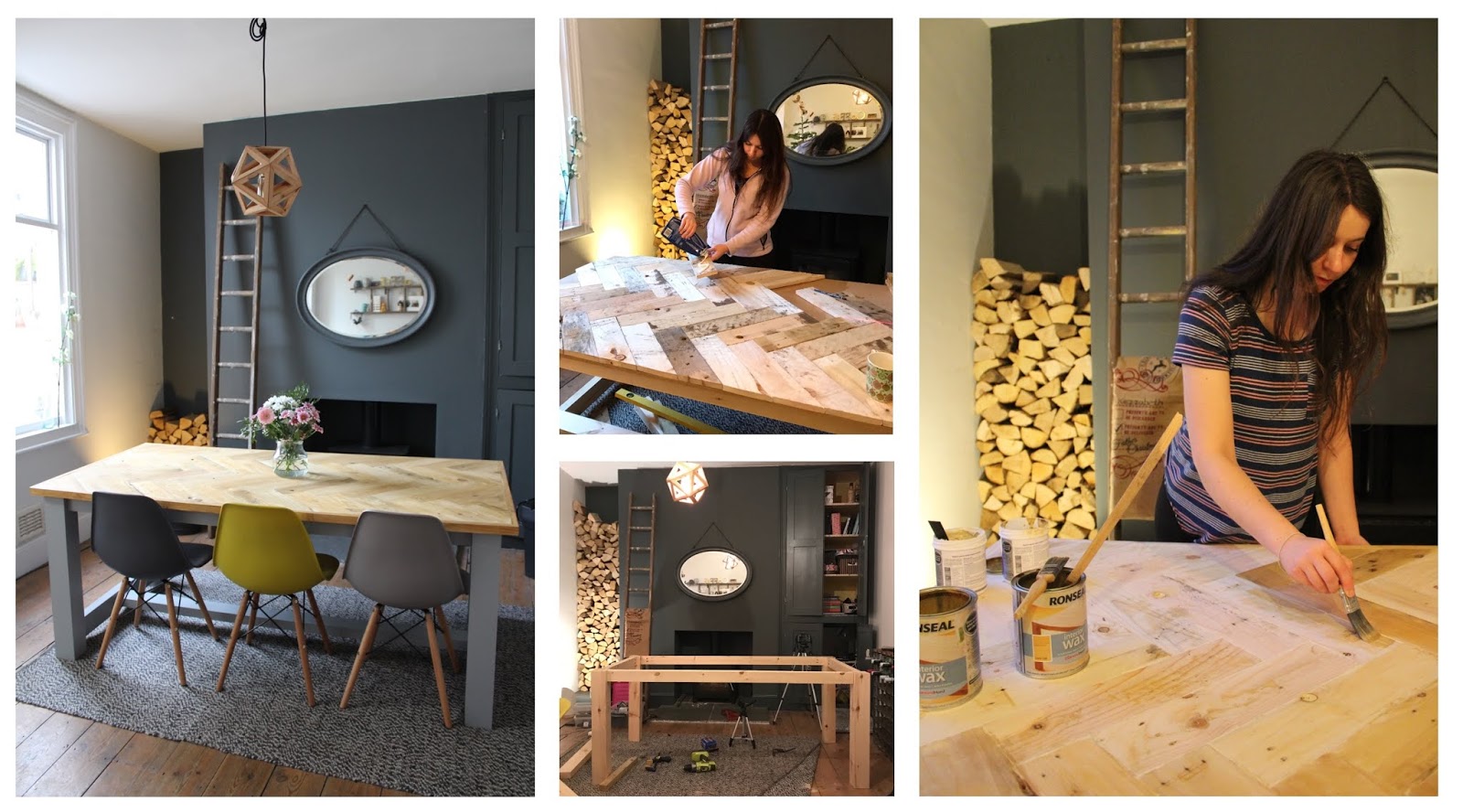
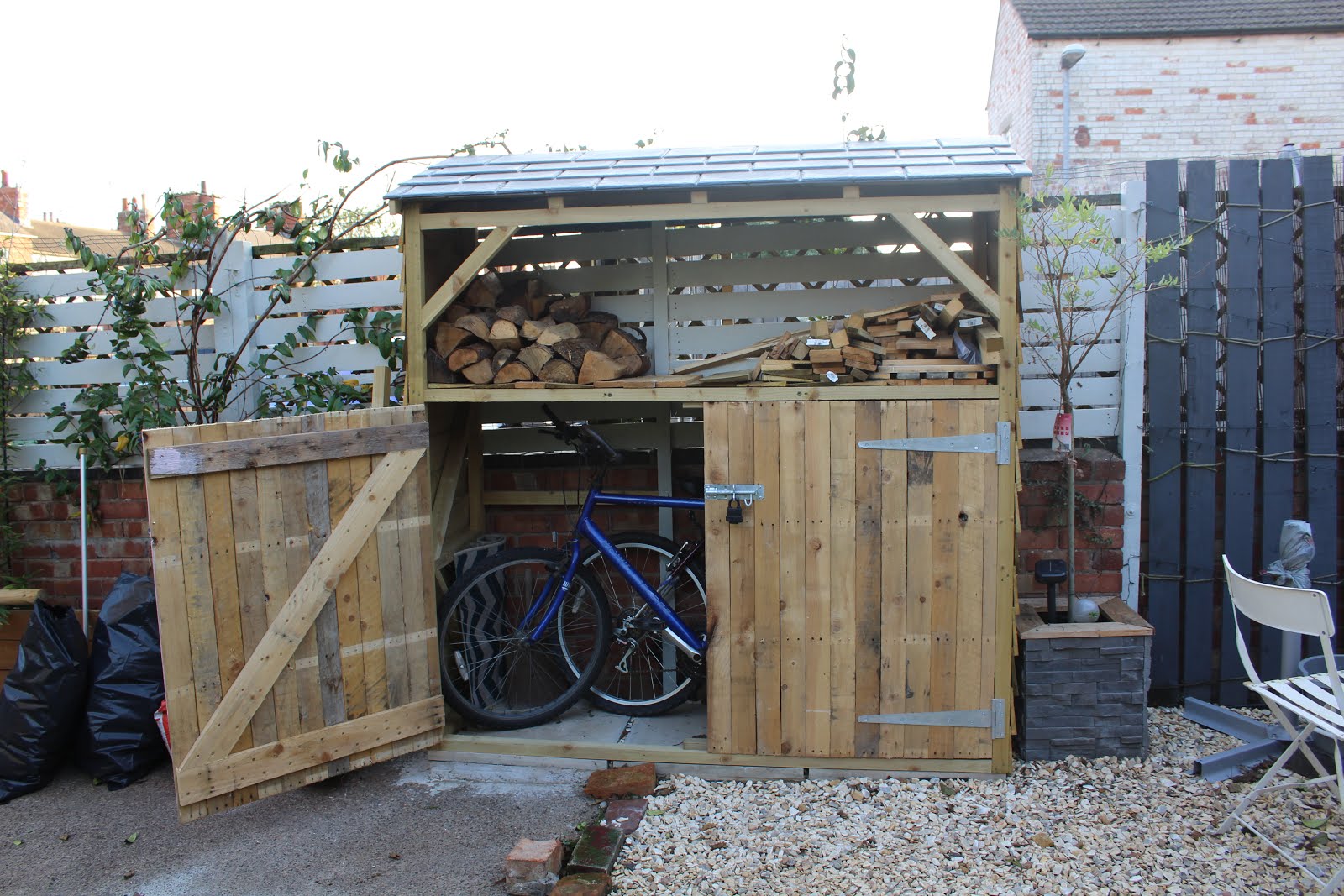
No Comments